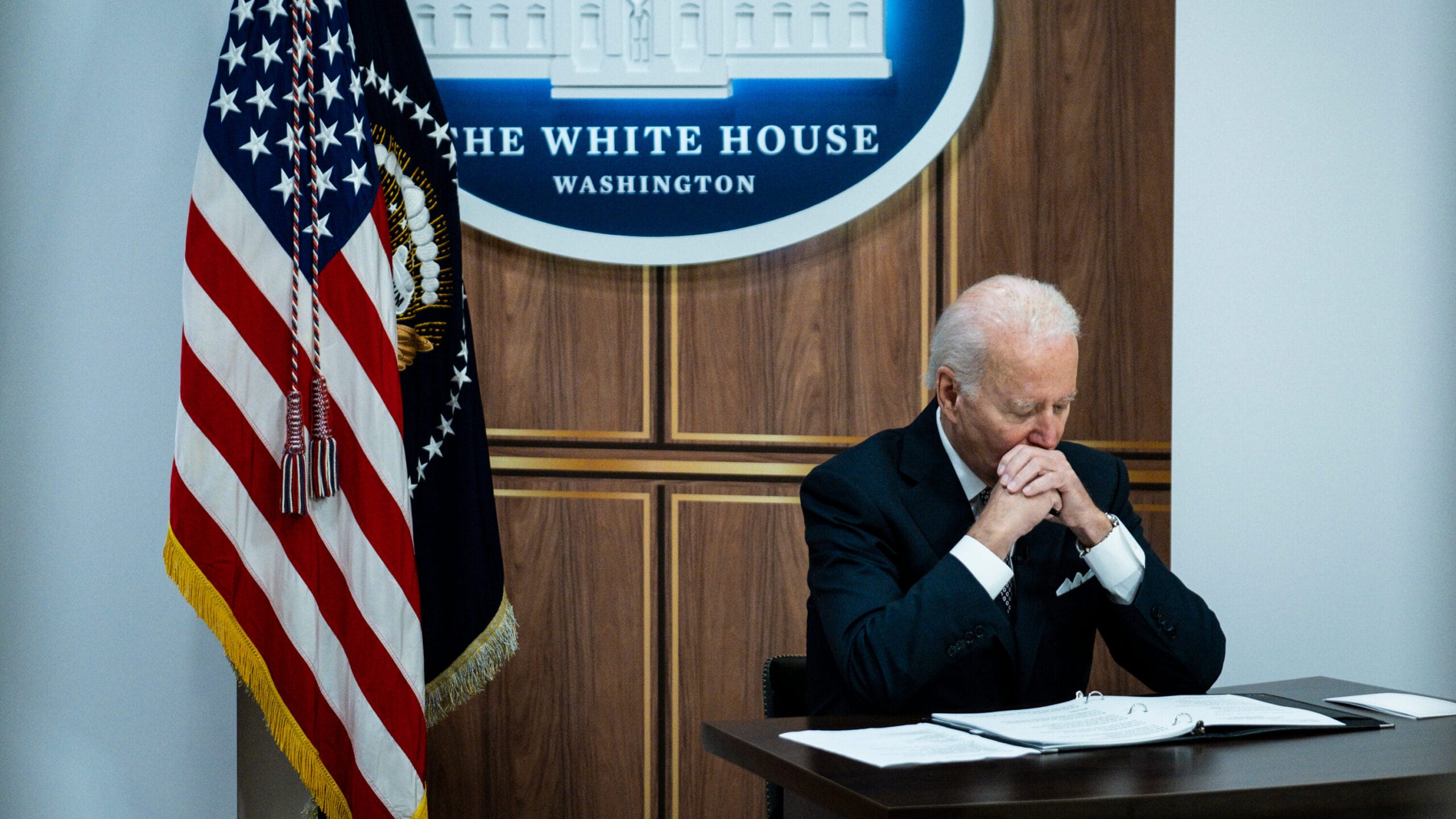In a significant policy shift, President Joe Biden has announced plans to impose restrictions on offshore drilling activities in specific regions of the United States. This decision is part of a comprehensive strategy to combat climate change and safeguard marine environments, reflecting the administration’s commitment to environmental stewardship. The new regulations are designed to be robust, making it difficult for future administrations, including a potential return to power by former President Donald Trump, to easily reverse the measures.
The Biden administration’s approach to offshore drilling is rooted in a growing recognition of the environmental impacts associated with fossil fuel extraction. Offshore drilling has long been a contentious issue, with advocates arguing for its economic benefits while opponents highlight the risks to marine life, coastal communities, and the broader climate crisis. In light of these concerns, the administration is prioritizing a shift toward renewable energy sources, aiming to reduce dependence on oil and gas.
The proposed regulations will focus on specific areas along the U.S. coastline, particularly regions that are ecologically sensitive or critical for wildlife. By limiting drilling in these areas, the Biden administration hopes to mitigate the risks of oil spills and other environmental hazards that can arise from offshore drilling operations. The initiative also aligns with international efforts to address climate change, as many countries are increasingly turning their attention to sustainable energy practices.
One of the key aspects of Biden’s plan is its legal framework, which is designed to withstand potential challenges from future administrations. By implementing the restrictions through established regulatory processes and utilizing existing environmental laws, the Biden administration aims to create a foundation that is less susceptible to political shifts. This strategic approach is particularly significant given the contentious nature of energy policy in the United States, where administrations often oscillate between pro-drilling and pro-environment stances.
The administration’s efforts to limit offshore drilling come at a time when public opinion is increasingly favoring environmental protection measures. Recent polls indicate that a majority of Americans support stronger regulations on fossil fuel extraction, especially in light of growing concerns about climate change and its impacts. By taking decisive action on this front, the Biden administration is not only responding to public sentiment but also positioning itself as a leader in the global fight against climate change.
In addition to the environmental benefits, the Biden administration’s plan is also expected to have economic implications. While the restrictions may limit certain drilling activities, they are also likely to spur growth in the renewable energy sector. The administration is promoting investments in wind, solar, and other clean energy technologies as a means of transitioning away from fossil fuels. This shift is anticipated to create jobs and stimulate economic growth in emerging industries, providing a counterbalance to the potential job losses in traditional energy sectors.
The announcement has garnered mixed reactions from various stakeholders. Environmental groups have largely praised the initiative, viewing it as a necessary step toward protecting marine ecosystems and addressing climate change. Conversely, some industry representatives and political opponents have expressed concerns about the potential economic impact of the restrictions, arguing that they could hinder energy production and job creation in the oil and gas sector.
As the Biden administration moves forward with its plan, it will likely face challenges from both industry advocates and political opponents. Legal battles may arise as stakeholders seek to challenge the regulations, and the administration will need to navigate the complexities of energy policy in a divided political landscape. However, the strategic design of the regulations may provide a level of protection against such challenges, making it more difficult for future administrations to dismantle the framework established by Biden.
In conclusion, President Biden’s plans to ban certain offshore drilling activities represent a significant step in the ongoing dialogue about energy policy and environmental protection in the United States. By implementing these regulations in a manner that is difficult to reverse, the Biden administration is not only addressing immediate environmental concerns but also setting a precedent for future energy policies. As the nation grapples with the realities of climate change and the transition to renewable energy, the implications of this decision will likely resonate for years to come.



